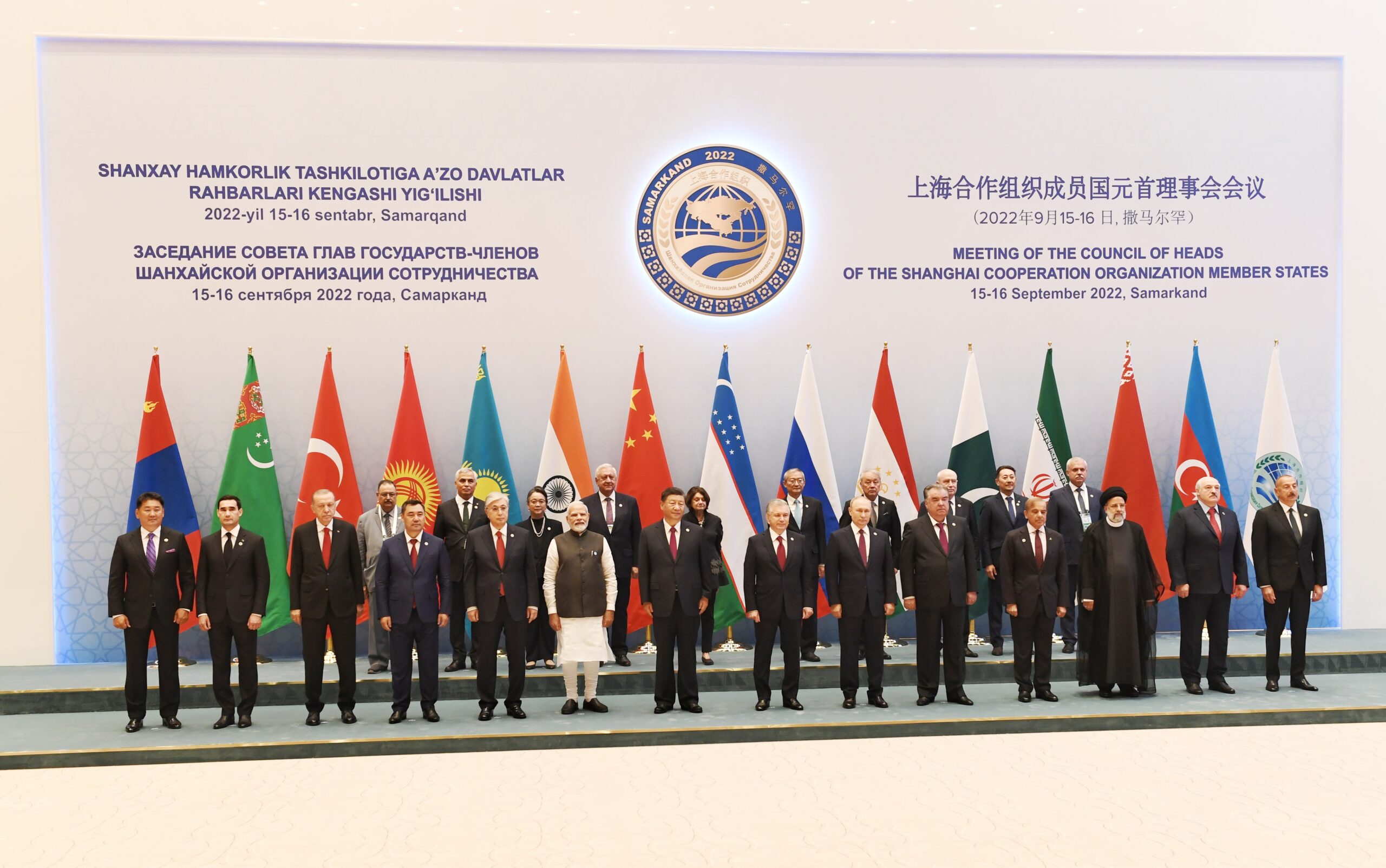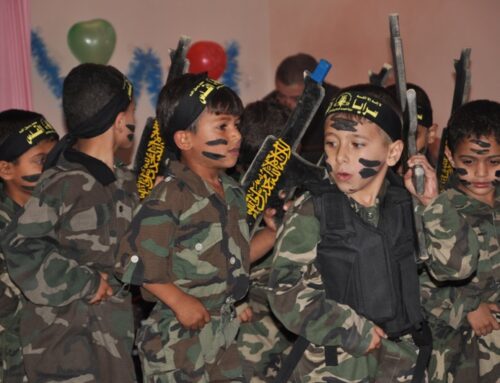Prelude to apocalyptic war on Israel?
“Gog and Magog” are associated with countries around the Caucasus, the Black Sea and the Caspian Sea which, according to Jewish belief, will wage an apocalyptic war on Israel at the end of this age.
The Shanghai Cooperation Organization (SCO) is an alliance that foreshadows this scenario as described in Ezekiel 38

Developments in the Shanghai Cooperation Organization (SCO) provide a foreshadowing of the scenario that Ezekiel 38 describes. Photo: SCO
After the chapter in which the prophet Ezekiel watches while scattered and dried bones are brought together and given life again, Ezekiel is asked to turn his face “against Gog in the land of Magog, against the great prince of Meshech and Tubal”.
Gog and Magog are described in Ezekiel 38 as a region “in the far north” whose prince will gather an alliance of nations – Rosh, Meshech and Tubal – with the intention of attacking Israel. Persians, Nubians and Put with the regions of Gomer and Togarma are mentioned in the context.
According to Judaism Gog and Magog refer to the enemies against whom God will wage an apocalyptic war at the end of this age. The war with Gog and Magog has come to be understood as central to the Jewish eschatological vision of the end of time, a final battle between good and evil that will usher in a period of eternal peace, writes ‘My Jewish Learning’.
The war with Gog and Magog is part of a larger Jewish belief that the Messianic age will be preceded by a period of great suffering and upheaval – the so-called “Messianic birth pangs”.
Around the Caspian Sea
Ezekiel’s prophecy in chapters 38 and 39 of his book takes place when the Jewish people live in safety in Israel. Meshek and Tubal are identified by the Jewish historian Flavius Josephus as areas in modern Turkey. Magog is also associated with Turkey, but Flavius Josephus also links the names Gog and Magog to the Scythian people group, nomads who lived in areas north of the Black and Caspian Seas.
The countries of Gomer and Togarma were located in areas of the Caucasus around these two seas where countries such as Turkey, Armenia and Georgia lie today.
Persians are a people group in Iran, Nubians are an African people group in southern Egypt – northern Sudan, while Put refers to a people group sometimes linked to Egypt, but which Flavius Josephus links to Libya.
Turkey, Iran and Russia
An alliance that is developing into something which may foreshadow the scenario described in Ezekiel 38 is the Shanghai Cooperation Organization (SCO), which held its annual summit in Samarkand in mid-September.
The organization brings together a number of authoritarian regimes in the Middle East, Asia and Central Asia and this year welcomed Iran as a member. Belarus has also submitted an application and President Tayyip Erdogan stated that Turkey is also aiming for membership in the SCO. Turkey is currently a dialogue partner of the SCO, whose members are China, Russia, India, Pakistan, Iran, Kyrgyzstan, Tajikistan, Kazakhstan and Uzbekistan.
Turkish state media highlighted Ankara’s role at this year’s meeting, which was described as part of Turkey’s growing alliance with Russia, Iran and China. Turkey wants to form an alliance of authoritarian regimes to reduce the US role in the Middle East and Asia. A partnership with Russia, Pakistan, Iran, Belarus and China is also an important part of the current Turkish government’s strategy, according to the Jerusalem Post.
Military element
Arab News recently claimed that “The UAE reportedly wants to join the SCO as a member… Syria, Iraq, Israel, Bangladesh and Vietnam also hope to join as dialogue partners or observers.” Egypt was granted dialogue partner status at the SCO summit in Samarkand, Uzbekistan.
Russia has pushed to strengthen the organization’s military element and is proposing a joint military exercise on Russian soil next year. It was Moscow that invited Turkish President Recep Erdogan, according to The European Council on Foreign Relations (ECFR).
Turkey has not joined the Western economic sanctions against Russia.



